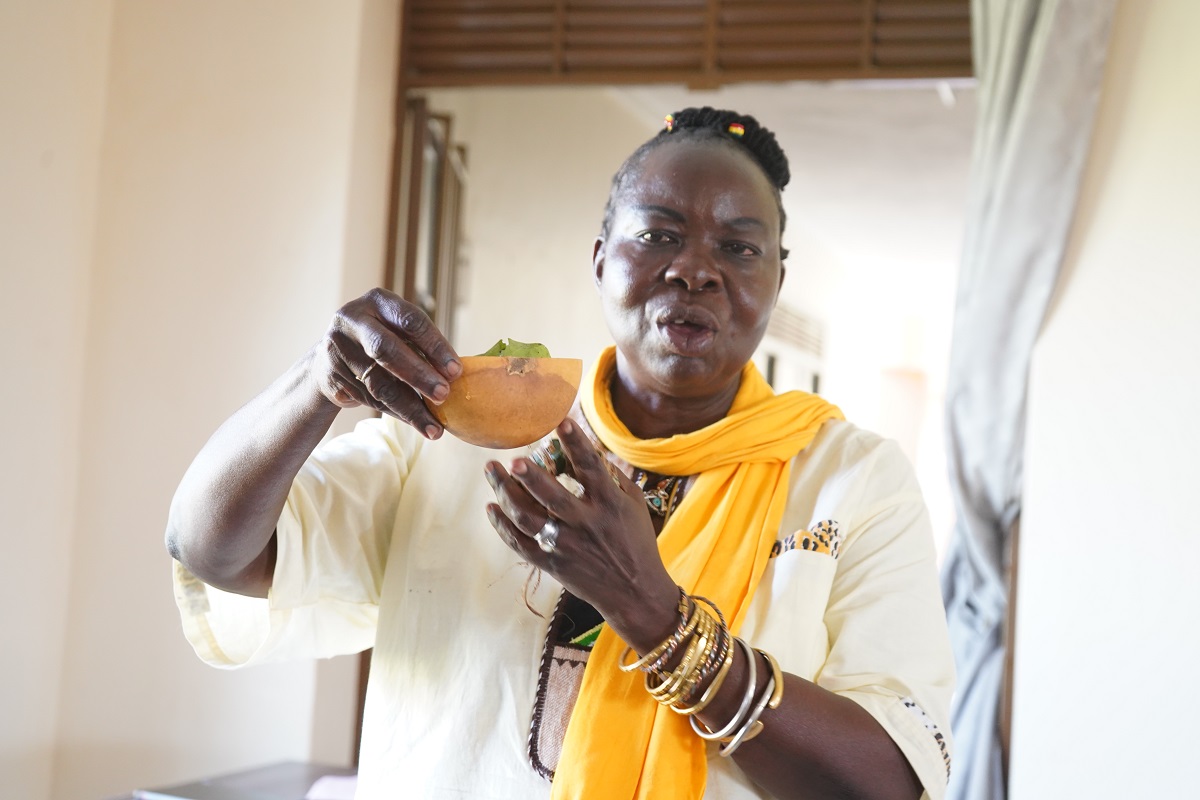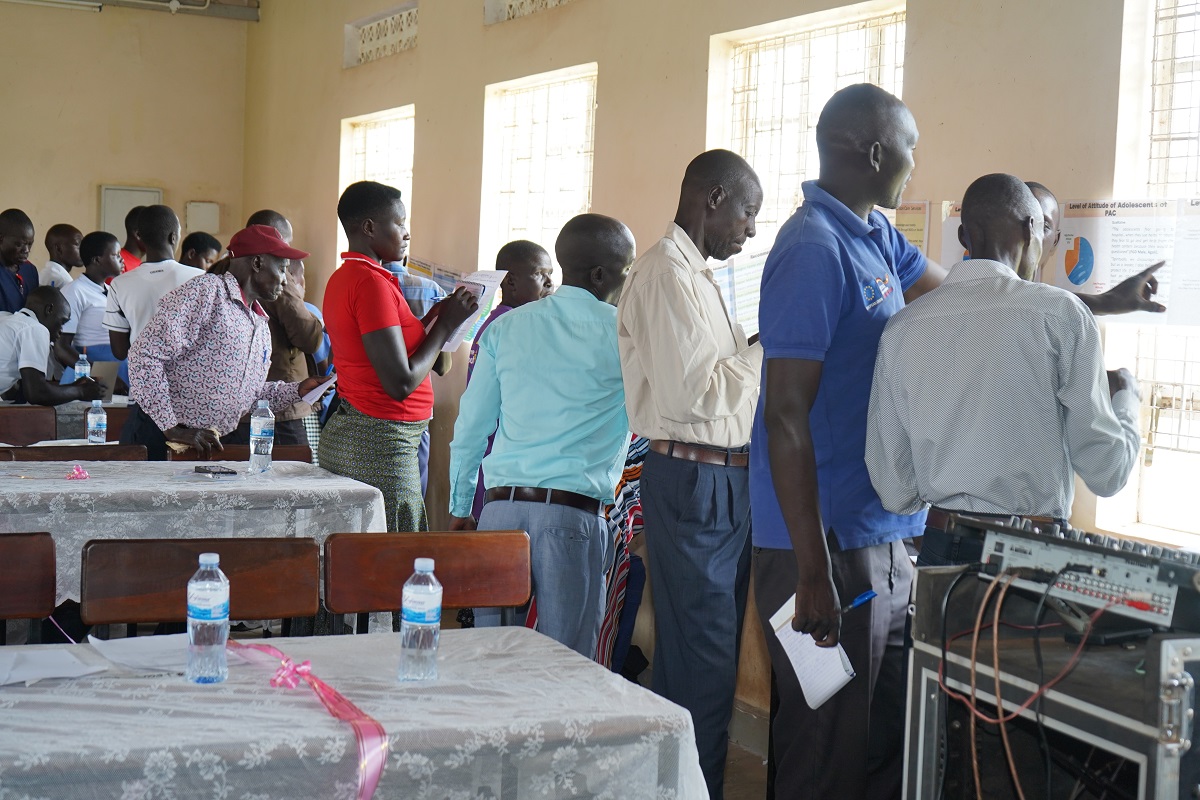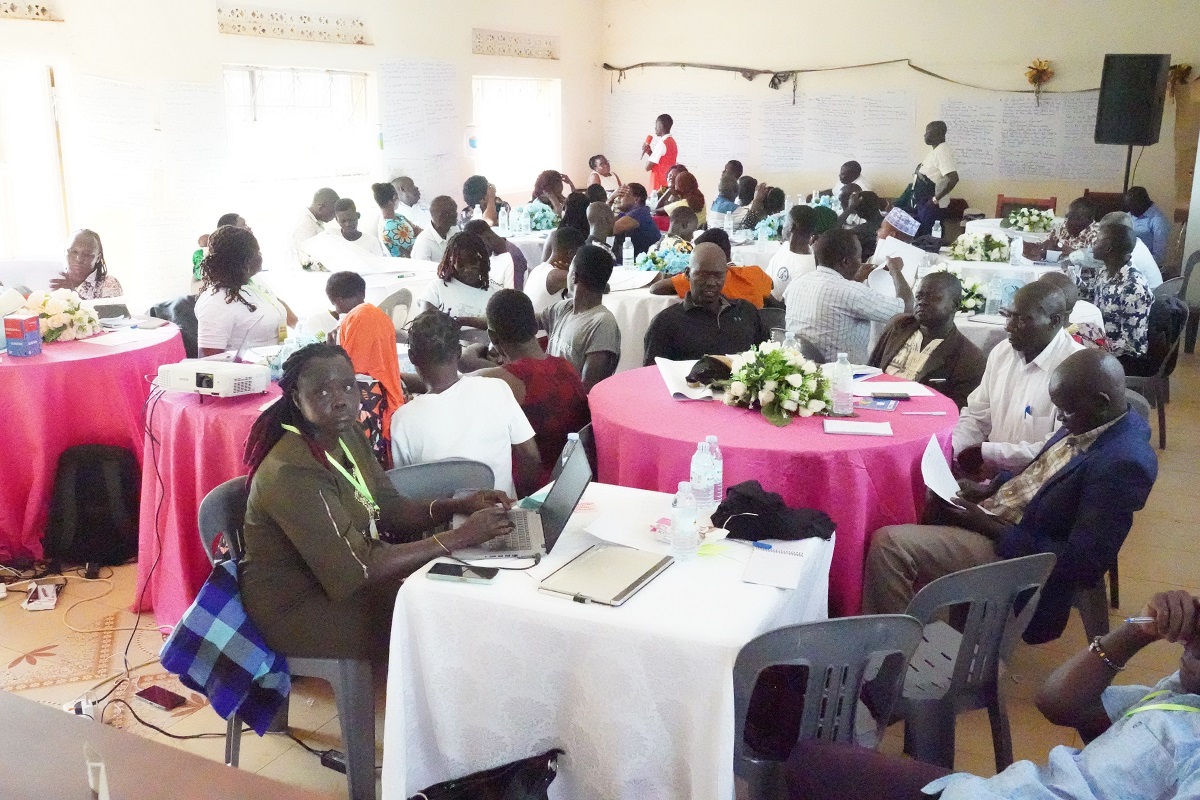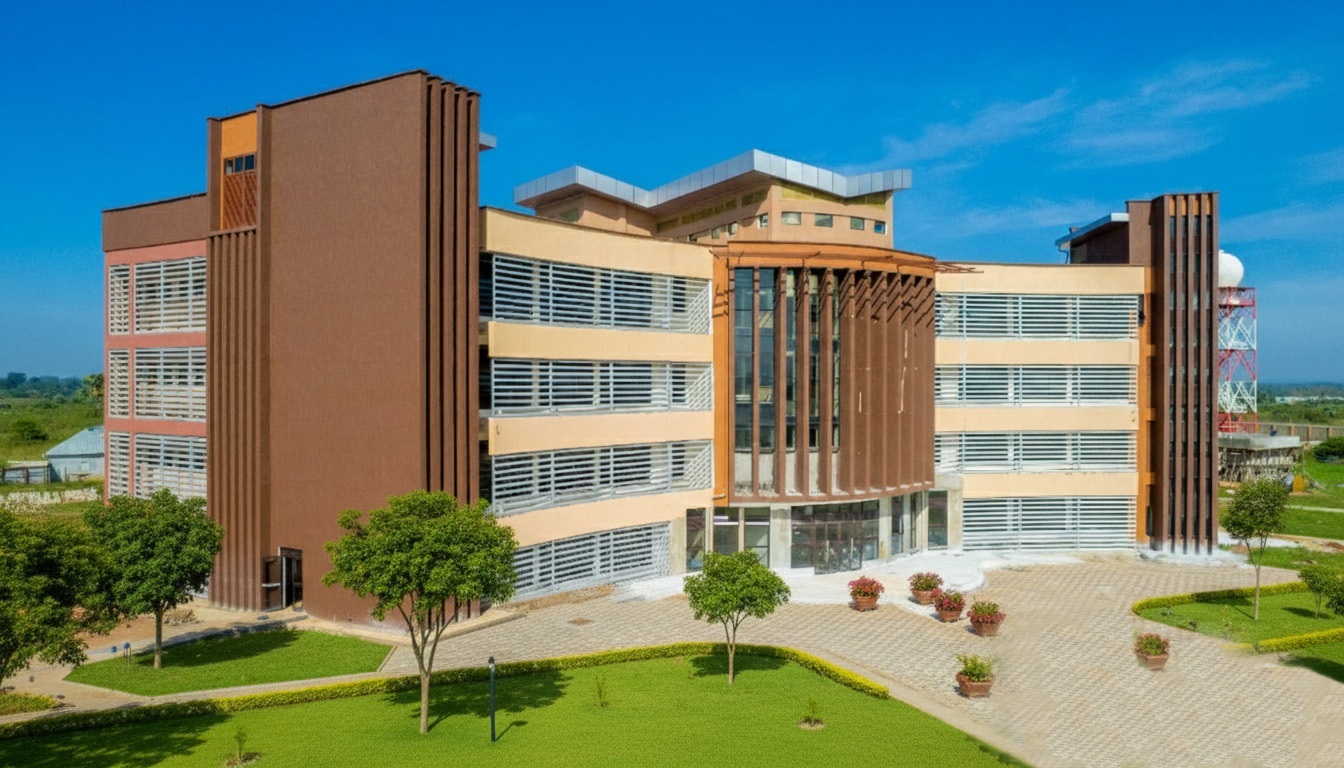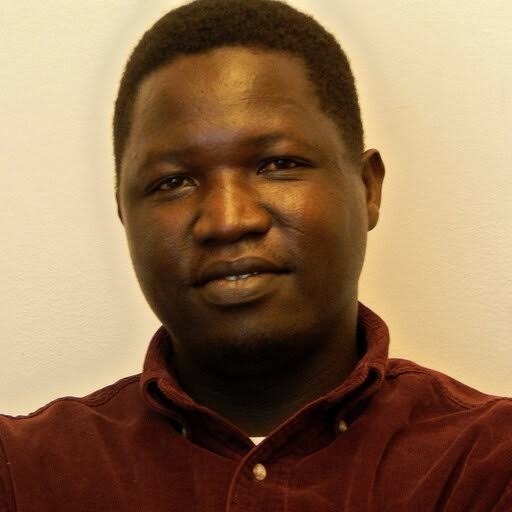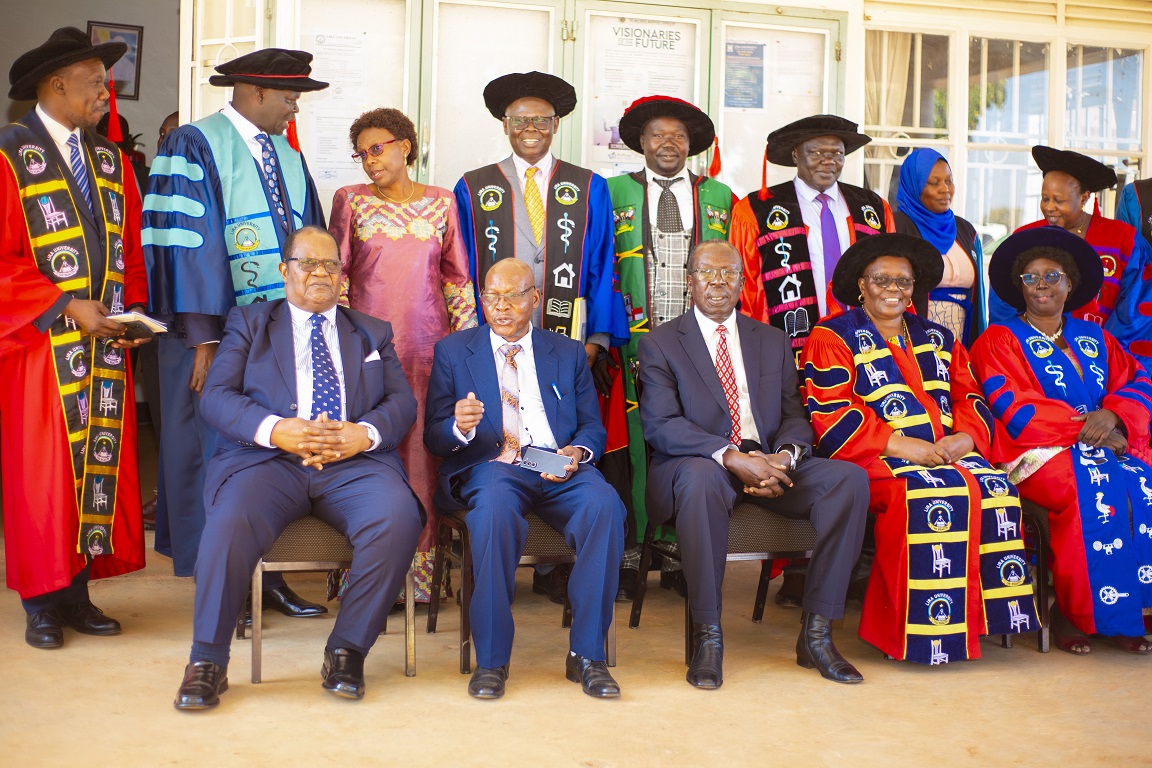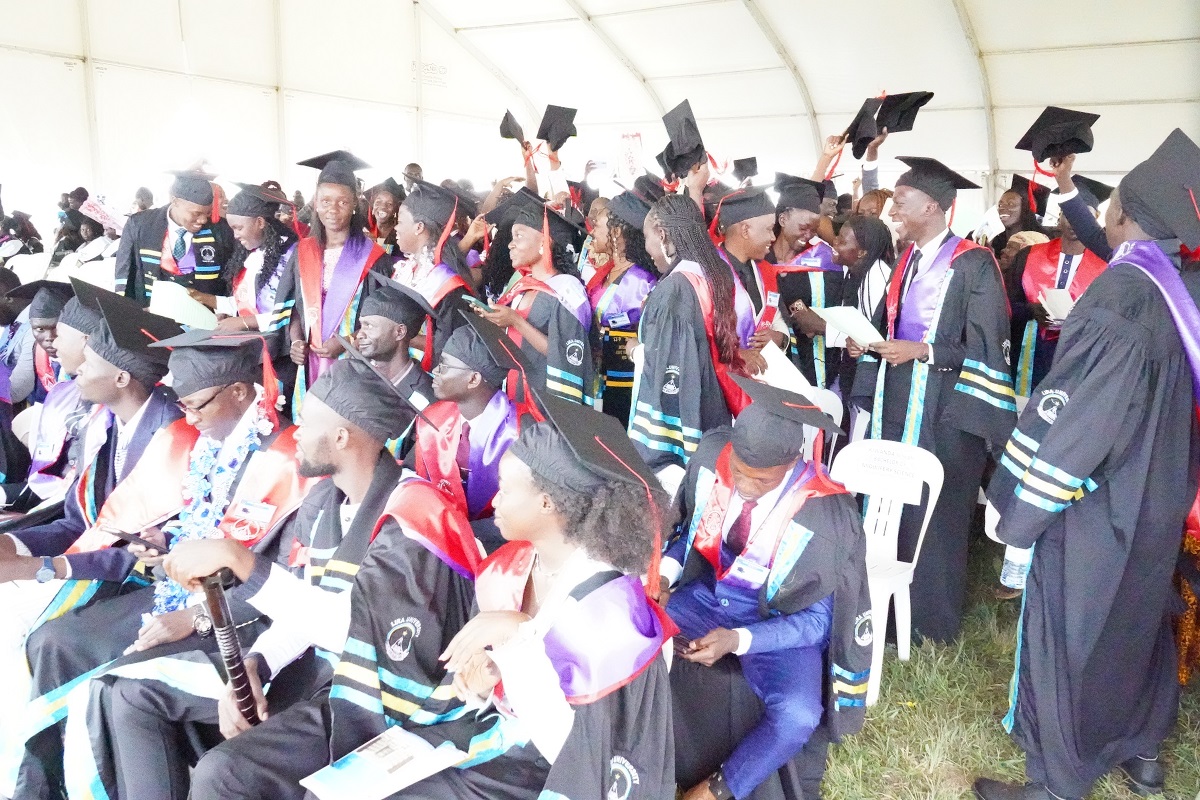By Patrick Opio
Senior Communications Officer
Lira University Vice Chancellor, Prof. Jasper Ogwal Okeng has underscored the importance of traditional medicine offering benefits including potential fewer side effects, affordability, accessibility, and a holistic approach that addresses spiritual and psychological aspects often overlooked in modern medicine.
While addressing the University’s 21st Public Lecture as Chief Guest, Prof. Ogwal Okeng noted that Traditional Medicine can also be used alongside modern treatments for better results, manage treatment side effects, and increase patient satisfaction by promoting cultural relevance.
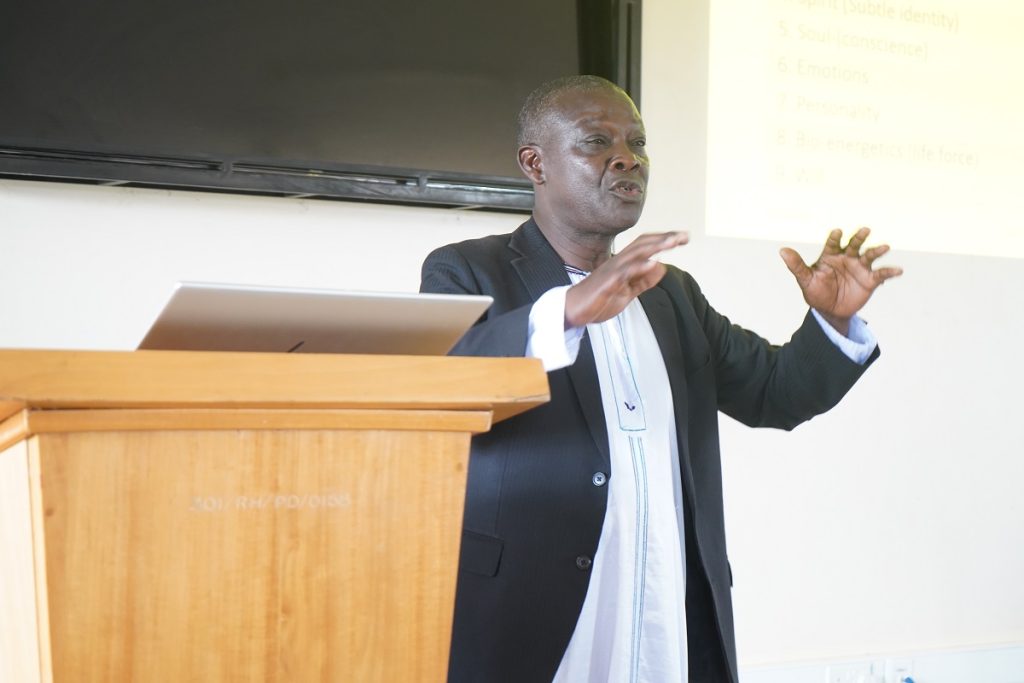
Dr Sekagya making a presentation
The Directorate of Graduate Training and Research organised the Public Lecture on Thursday 25th September 2025 at the SET-SRHR Seminar Hall.
Topic: “Faith, Healing and Science: The Role of Traditional Medicine in health care”, withDr Yahaya Hills Sekagya (PhD in Medicine), Director, PROMETRA UGANDA as the presenter and Dr. Lamwaka Alice Veronica (PhD in Clinical Pharmaceutical Sciences and Pharmacogenomics), Senior Lecturer, Faculty of Medicine, Gulu University, discussant of the presentation.
Ms Christine Acio, the lecturer at the Faculty of Nursing and Midwifery, was the moderator.
Deputy Vice Chancellor, Assoc. Prof. Okaka Opio Dokotum noted that traditional medicine has a long history of contributing to conventional medicine and continues to hold promise.
Prof. Okaka Opio Dokotum added that the African Traditional Medicine offers significant benefits, particularly in rural areas where conventional healthcare is limited. He observes, “It provides a wider range of treatments and can complement modern medicine, leading to improved mental well-being and patient satisfaction.”
In his presentation, Dr. Sekagya revealed that the traditional medicine’s reliance on locally sourced medicinal plants has led to the development of many modern drugs and offers hope for treating various diseases.
Dr. Sekagya said that a human being is a multi-dimensional entity comprising of physical body (flesh & blood), psychology, mind, spirit (subtle identity), soul(conscience), emotions, personality, bio-energetics (life force) and the will.
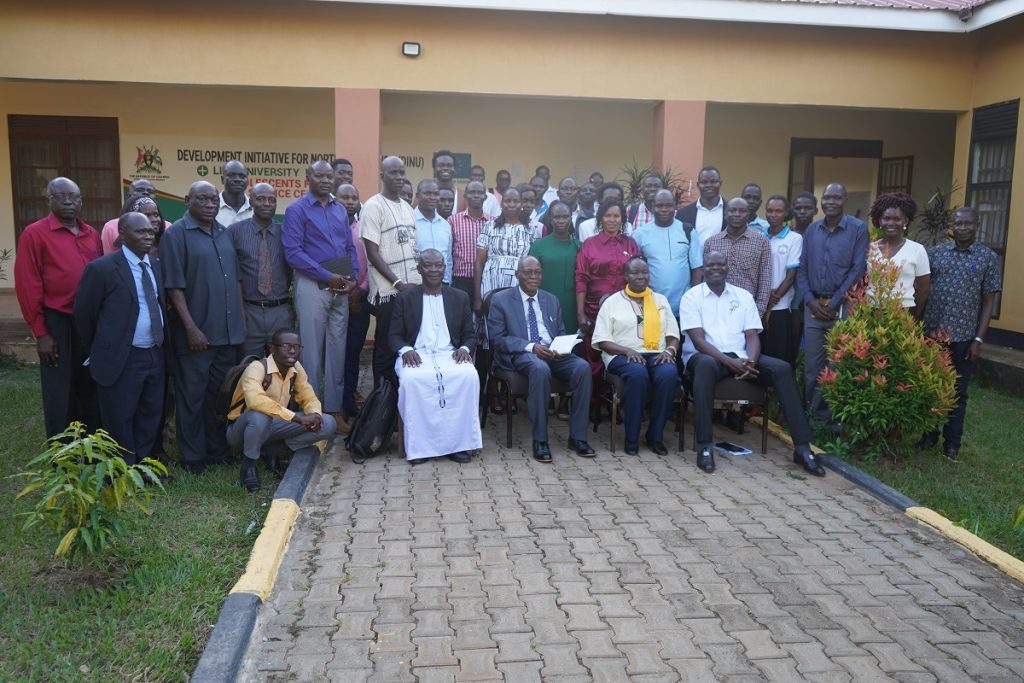
Group photo: (Seated. L-R) Dr Sekagya, VC Prof. Jasper Ogwal Okeng, Dr. Lamwaka Alice and DVC Assoc.Prof. Okaka Opio Dokotum
He added that Traditional medicine encompasses all knowledge, skills, practices, based on indigenous cultural theories, beliefs and experiences. He asserted that to maintain health, prevent and manage/treat illness and diseases, the following practices are prominently applied: herbal medicine, traditional herbal medicine, spiritual healing, physical manipulations and dietary practices (Taboos).
On cultural integration, Dr. Sekagya observes that Africa Traditional Medicine aligns with the cultural, religious, and spiritual values of many African communities, making it a trusted and acceptable healthcare option.
“It is cheaper and more accessible than conventional medicine, making it a practical choice for predominantly poor and rural populations,” Dr Sekagya said, adding that traditional health practitioners and remedies are often readily available and serve as the primary or sole source of healthcare for many, especially in remote areas.
He said that Faith Healing encompasses religious and spiritual beliefs, often involving prayers, rituals, belief – divine intervention, efficacy (attribution), non-pharmacological action and higher power.
Dr. Alice Lamwaka said that Traditional remedies, particularly those using medicinal plants, are used to treat a wide array of illnesses, including malaria, respiratory infections and infertility.
She adds that resilience of the human spirit and the belief that no matter how deep the suffering, healing and hope will eventually come. “It’s often used in spiritual contexts to remind people that faith carries them through the darkest times, and that divine or ancestral guidance will lead them to restoration,” she notes.
Dr. Lamwaka revealed, on holistic care, traditional medicine often incorporates spiritual and mental well-being into its healing practices, addressing patients’ emotional and spiritual needs alongside physical ailments.
On the need for research, Dr. Lamwaka noted that more research is needed to scientifically validate the efficacy and safety of traditional medicine, especially regarding potential interactions with conventional drugs.
“In many African communities, healing is not just a medical process—it’s a spiritual awakening. This proverb reminds us that faith, whether in God, ancestors, or the natural world, is the light that breaks through illness and despair,” Dr Lamwaka notes.
She added that there is a dire need regulate and standardize the traditional medicine practices to ensure quality and protect consumers with policies developed to ensure the conservation of the valuable natural resources.
In many African communities, Dr Lamwaka, says, healing is not merely a clinical process, it is a deeply spiritual experience rooted in Tradition, Belief, and Communal Identity.
She adds that she explores the vital role Spirituality and Traditional Medicine play in shaping health practices, restoring balance, and nurturing resilience.
“By understanding these interconnected systems, we honor Indigenous Wisdom, promote Culturally Sensitive Care, and recognize that true healing often begins where Science meets Spirit,” she observes further.
Dr Lamwaka revealed that Rhythmic drumming and healing dances are used to induce trance-like states, release emotional blockages, and invite spiritual presence. “These practices foster communal healing and emotional catharsis,” she said.
She asserted that Traditional Massage and Bodywork, promote circulation, relaxation, and energy flow, often combined with spiritual cleansing or herbal infusions and healing rituals are often guided by mythological figures.
“These practices aren’t just about treating symptoms, they are about restoring balance, reconnecting with ancestors, and reaffirming one’s place in the Cosmos,” she said.
She adds that Traditional medicine considers the whole person, addressing spiritual, psychological, and social factors in addition to the physical condition, which modern medicine may not.
For many communities, Dr. Lamwaka observed that Traditional medicine is deeply rooted in local knowledge and cultural practices, fostering a sense of trust and comfort with traditional healers.

